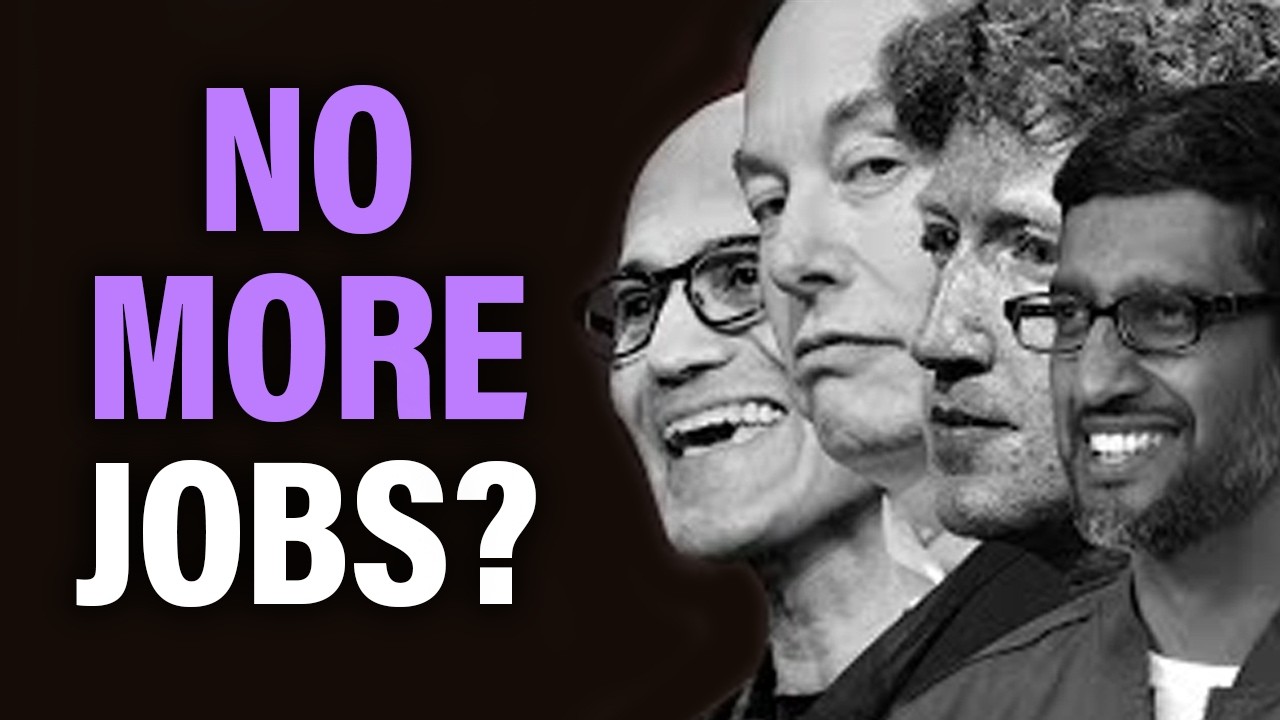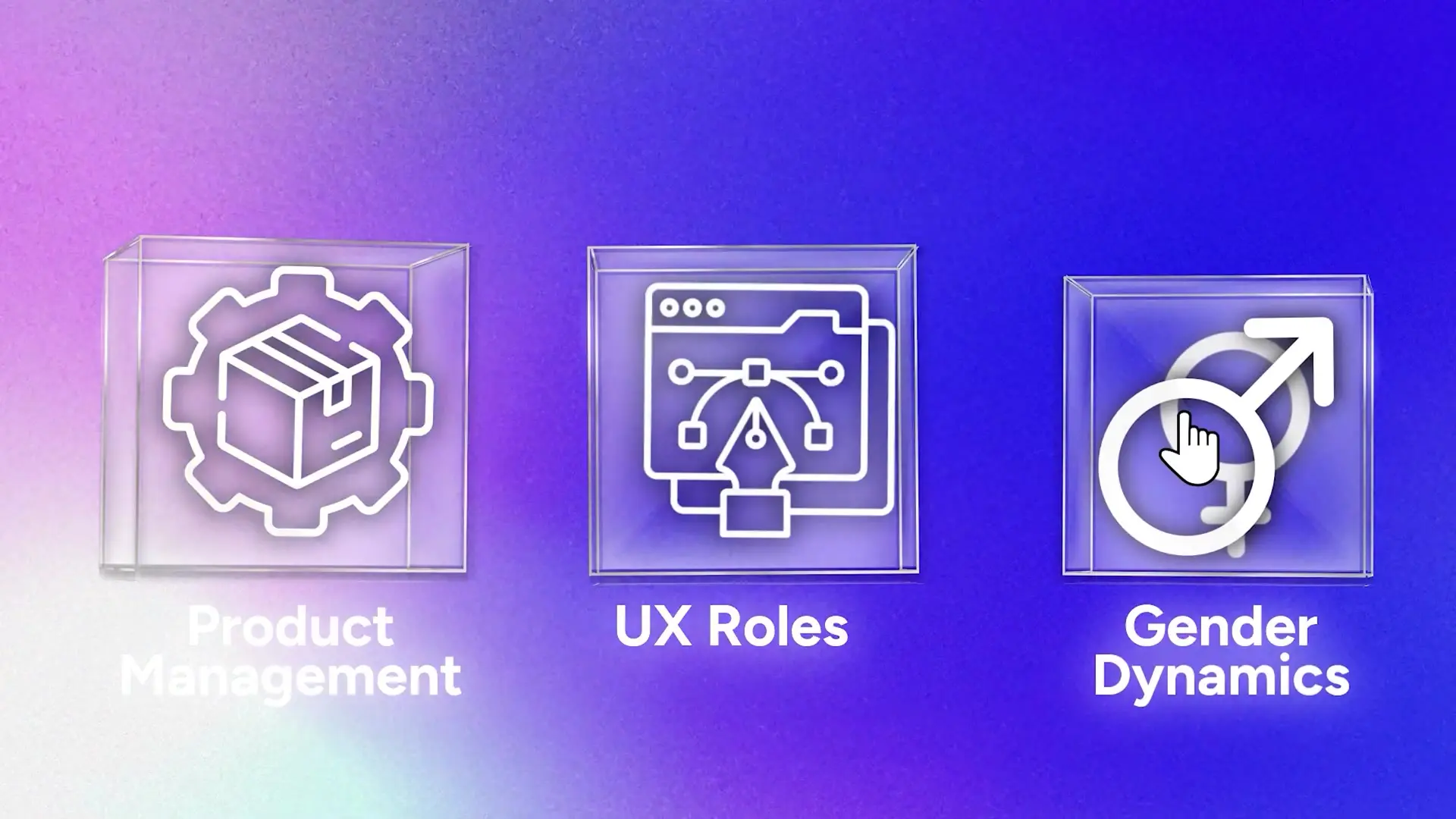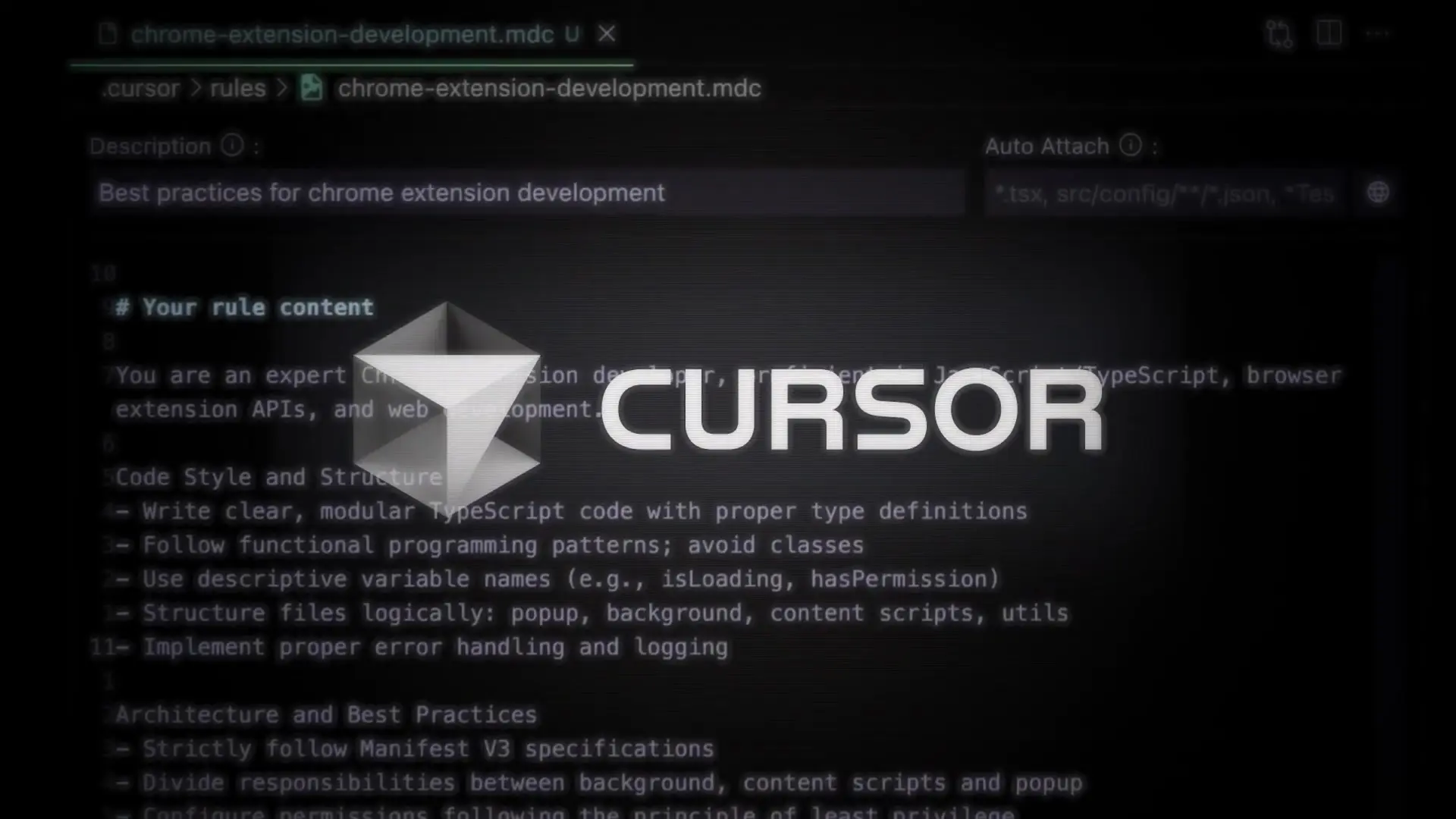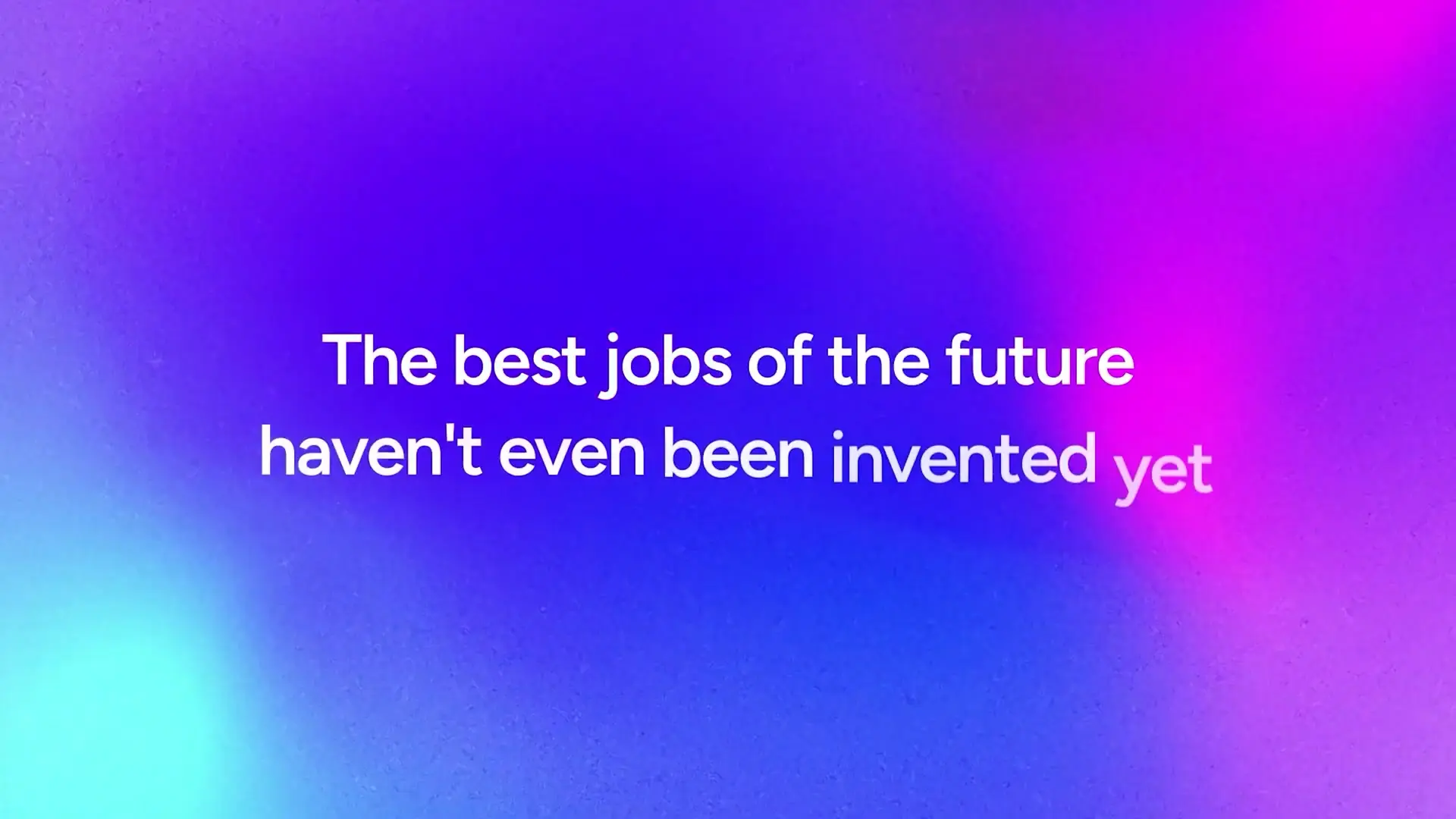
The tech industry is undergoing a profound transformation, and contrary to doomsday predictions, tech jobs aren't vanishing—they're rapidly evolving. With unemployment in tech still above the national average and major companies announcing layoffs, it's easy to believe the pessimistic narratives. However, the reality is far more nuanced and ultimately more promising for those willing to adapt.
The Tech Job Market Reality: Evolution, Not Extinction
Despite headlines about tech layoffs at major companies like Microsoft (10,000), Google (12,000), and Meta (21,000), tech unemployment in the US peaked at 5.7%—higher than the national average of 4%, but far from catastrophic. This represents turbulence, not a crash. What's actually happening is a significant shift in which tech skills are valued in the marketplace.
According to LinkedIn data, the fastest-growing jobs are AI Engineer and AI Consultant. The tech industry isn't experiencing job evaporation but job evolution. Companies aren't eliminating tech positions—they're redefining priorities and creating entirely new categories of work.
The Changing Landscape of In-Demand Tech Skills
The skills that secured tech jobs five years ago may not even get you an interview today. Entry-level software engineering positions have declined by 35%, while generative AI jobs have surged by 170%. This dramatic shift reflects AI's growing capability to handle tasks with clear, defined rules—like writing, testing, and debugging code at speeds humans simply cannot match.

This shift extends beyond coding to product management and UX roles. Interestingly, gender dynamics are also changing—women, who historically made up about 20% of engineering roles, now represent 30% of AI consultants. This suggests that the AI revolution may be creating more diverse opportunities in tech.
The AI Productivity Paradox: More Tech Jobs, Not Fewer
A common misconception is that AI tools like GitHub Copilot and Cursor will reduce the need for engineers. The reality is often the opposite. Companies implementing these AI coding tools report that their engineers become dramatically more productive—but instead of needing fewer engineers, they need more with different skills.

This creates what we might call the AI productivity paradox: AI makes building software easier and cheaper, which doesn't reduce demand for tech talent but actually increases it by enabling more companies to enter the market. As one AI startup founder noted, the real challenge isn't that AI reduces the need for engineers—it's that the same cost savings apply to all companies, creating 10 times more tech companies competing for talent.
Human-AI Collaboration: The New Tech Career Model
The future of tech careers isn't about competing with AI but collaborating with it. Let's examine how three common tech roles are evolving in this new paradigm:
- Entry-level Coder: AI will handle writing, testing, and debugging code, while humans provide context, adapt code to specific projects, and connect components within larger systems.
- Product Manager: AI will analyze competitors, make predictions, and surface market trends, while humans define the vision, manage the product lifecycle, and handle stakeholder relationships.
- Product Marketing Manager: AI will generate content at scale, run A/B tests, and analyze engagement metrics, while humans define brand strategy, shape narratives, and create marketing approaches that resonate beyond data points.
The most exciting aspect is that many of the best tech jobs of the future haven't even been invented yet. Just as the internet created roles like web developer that no one could have imagined before, AI is spawning entirely new career paths in fields like AI safety, observability, ethics, tooling, and operations.

Beyond Degrees: Building Tech Credibility in the AI Era
While a technical degree still provides valuable foundations in critical thinking and problem-solving, it's no longer sufficient on its own. The tech industry is increasingly valuing demonstrated skills and practical experience over formal education alone—similar to how the music industry values both technical skill and "street credibility."
Your 5-Step Plan to Build Tech Credibility
- Contribute to open-source projects to demonstrate collaborative skills and technical ability
- Build your own AI-driven systems and projects that you can showcase during interviews
- Gain hands-on experience with open-source AI models like Llama and Mistral
- Learn from leading AI experts and stay current with rapidly evolving technologies like diffusion models and retrieval-augmented generation (RAG)
- Master soft skills like communication, collaboration, teamwork, and business acumen that complement technical abilities
Key Strategies for Tech Career Success in 2025
To position yourself for success in the evolving tech landscape, focus on these three essential strategies:
- Embrace Evolution: Understand that tech jobs aren't dying but transforming. Stay adaptable and view change as opportunity rather than threat.
- Master AI Integration: Learn to use AI tools effectively, build real projects that demonstrate your skills, and create tangible proof of your capabilities.
- Become a Perpetual Learner: In a field changing at unprecedented speed, your greatest asset is the ability to learn quickly and continuously adapt to new technologies and approaches.
Conclusion: The Real Risk in Tech's AI Future
The greatest threat to your tech career isn't being replaced by AI—it's being replaced by someone who understands AI better than you do. By embracing the evolution of tech jobs, developing skills that complement rather than compete with AI, and committing to continuous learning, you can position yourself for success in the high-paying tech jobs of 2025 and beyond.
The future belongs to those who can navigate the human-AI partnership effectively, combining technical knowledge with the uniquely human capabilities that AI cannot replicate. As the tech industry continues its transformation, those who adapt will not just survive—they'll thrive.
Let's Watch!
7 Ways to Land High-Paying Tech Jobs in 2025: AI Skill Evolution Guide
Ready to enhance your neural network?
Access our quantum knowledge cores and upgrade your programming abilities.
Initialize Training Sequence